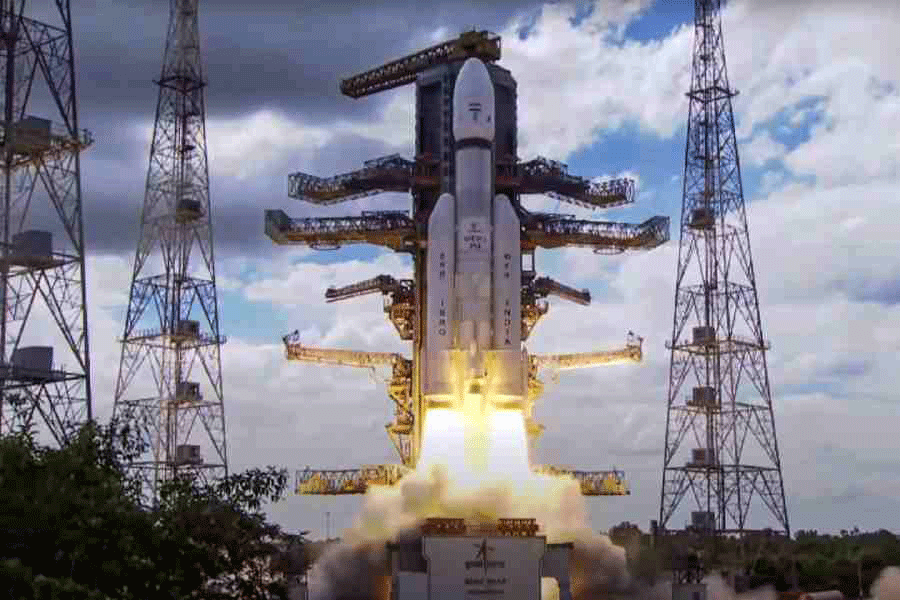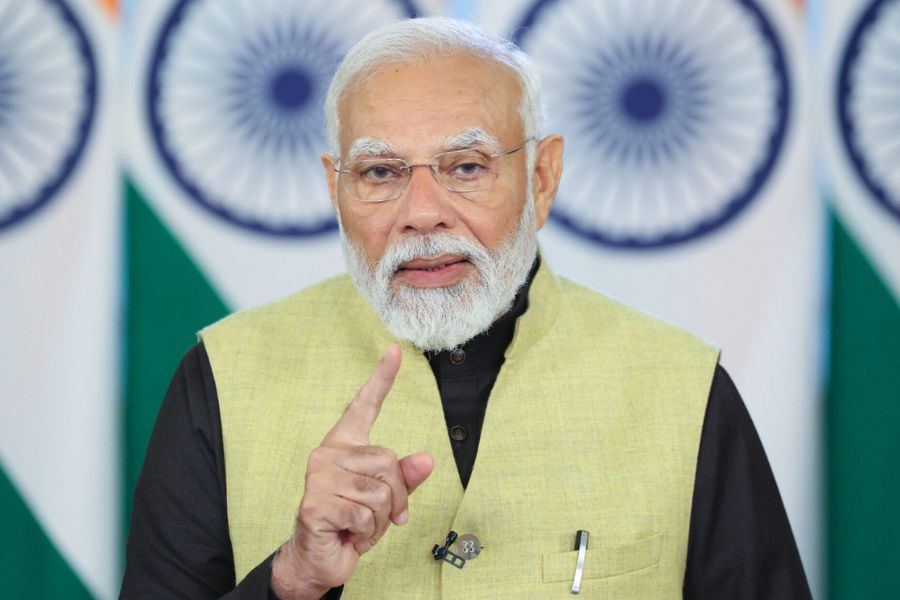Chandrayaan-3’s success is by no means a small step for India’s space research fraternity. That India became the fourth nation to leave its imprint on the moon and, strikingly, the first country ever to make a mark on the moon’s southern pole is a testament to some of the hallmarks of indigeneity: expertise combined with innovativeness made Indian scientists taste success in spite of working on shoestring budgets. It must be noted that the budgetary allocation for India’s space programme witnessed a decrease of 8% in this financial year when compared to last year. India’s scientists, therefore, deserve the jubilation: but India’s political establishment will have to do more to earn its share of the adulation. In fact, the success of India’s moon mission is an ideal time to take stock of some sobering facts. India, for instance, accounts for just 2% of the global space economy. The government has earmarked a target of 9% by the end of the decade but that could turn out to be ambitious in the absence of support mechanisms. And the Indian Space Research Organisation could do with quite a bit of help. Finances remain a constraint; greater involvement of the private sector is of crucial importance, as is international collaboration. Non-proliferation sanctions that were imposed on the country after New Delhi conducted its second nuclear test had severely curtailed the field of international collaboration. Moreover, these difficult challenges must be met on time. This is because the imperatives of space research are no longer limited to the optics of nationalism. It is predicated on economic, strategic and even existential needs. The fate of the expansion of scientific knowledge, extraction of lucrative space minerals and establishment of habitats — effectively the moon’s colonisation — depends on India’s ability to harness the potential unleashed by Chandrayaan-3.
There is another lesson that New India should not ignore. A dip in the nation’s scientific temper has been witnessed under the present regime. The spouting of unscientific rhetoric from the pedestals of power, murderous attacks on rationalists, drying up of research funds, assault on universities and independent thinking are warts that the nation must shed. Otherwise, unreason would cloak the mind and India would fall behind in the global race for the stars.











